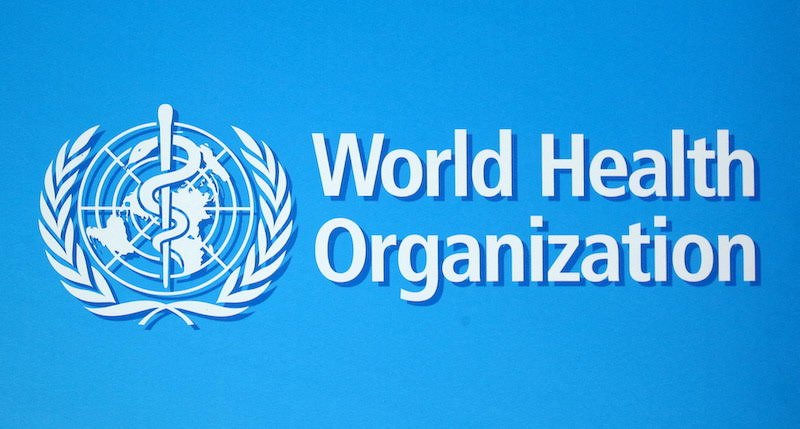Nigerian civil society groups are pushing for bold global and domestic reforms to tackle financing challenges as the Fourth International Conference on Financing for Development (FfD4) approaches on June 30, 2025, in Seville, Spain.
Ahead of the FfD4, Nigeria demands reforms in global tax rules, better access to climate finance, and equitable Special Drawing Rights for high-poverty nations.
According to a new report titled “Financing for Development in Nigeria: Sectoral context and insights for the Fourth International Conference” by the Civil Society Legislative Advocacy Centre (CISLAC) and partners, including Oxfam in Nigeria and Christian Aid, highlights Nigeria’s multidimensional financing gap.
The report was shared with news men on Tuesday by the Executive Director, CISLAC, Comrade Auwal Musa Rasfanjani.
In the report, the CSOs viewed key issues developed with groups like the International Budget Partnership, cites weak domestic resource mobilization and inequitable global financial rules.
The report reveals chronic underfunding in education, health, and climate resilience, with Nigeria losing over $18 billion yearly to illicit financial flows. It notes that a 70% debt service-to-revenue ratio limits investments, while corruption and poor budget implementation hinder progress. Most states lack measurable development plans, complicating investment attraction.
The report calls for digital tax systems, anti-corruption measures, and development finance facilities to boost domestic capacity. It also warns that brain drain, driven by limited economic opportunities, threatens Nigeria’s future.
The groups urge Nigeria to lead at FfD4, advocating for equity and accountability in global finance. They see the conference as a chance to unlock investments for a resilient future, emphasizing inclusive policies to retain young professionals.



